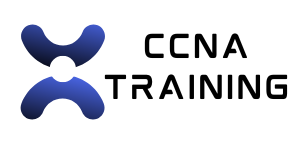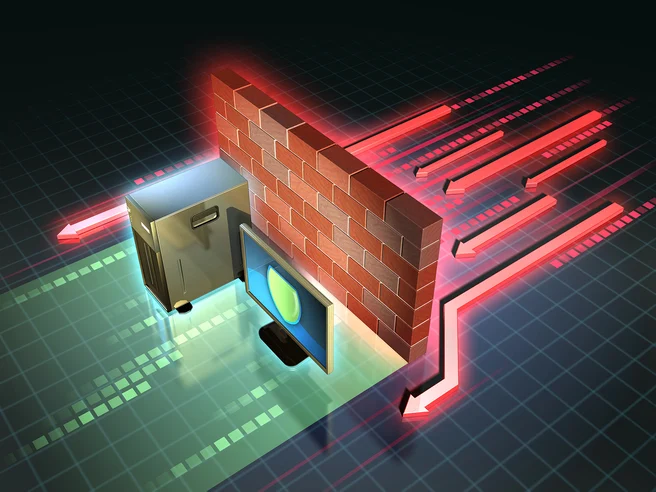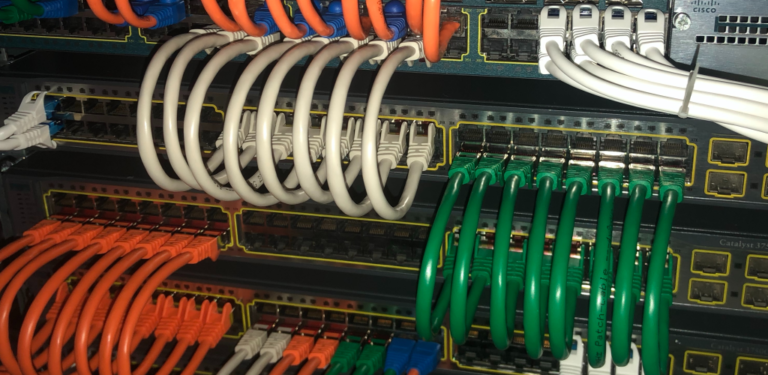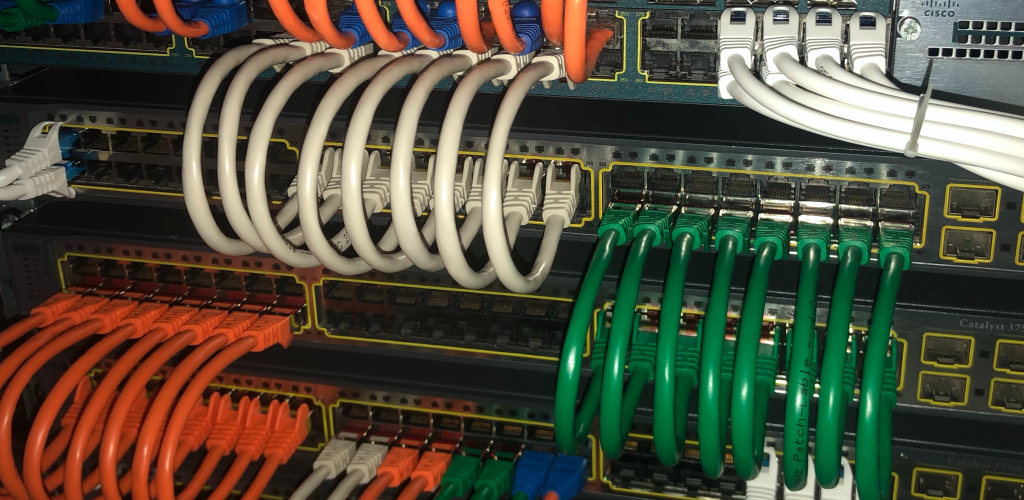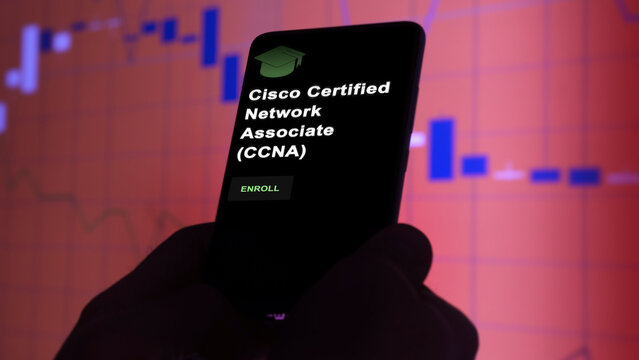The Cisco Certified Network Associate (CCNA) certification is a widely recognized credential in the IT industry. It is designed to validate the skills and knowledge of entry-level network engineers and technicians. The CCNA certification covers a wide range of networking topics, including routing and switching, security, wireless networking, and more. It is an essential certification for anyone looking to start a career in networking or advance their existing networking career.
The CCNA certification is offered by Cisco, a leading provider of networking equipment and solutions. Cisco has a strong reputation in the industry, and earning a CCNA certification can open up many opportunities for networking professionals. The certification is valid for three years, after which candidates must recertify to maintain their credentials. Overall, the CCNA certification is a valuable asset for anyone looking to establish themselves as a competent and knowledgeable networking professional.
Key Takeaways
- CCNA certification is a widely recognized credential for networking professionals, demonstrating the ability to install, configure, operate, and troubleshoot medium-sized routed and switched networks.
- Prerequisites for CCNA certification include a basic understanding of networking and the OSI model, as well as hands-on experience with Cisco routers and switches.
- When choosing study materials for CCNA certification, consider using official Cisco resources, practice exams, and online courses to ensure comprehensive coverage of exam topics.
- Studying for the CCNA exam involves creating a study schedule, practicing with hands-on labs, and reviewing key concepts such as subnetting, routing protocols, and network security.
- When taking the CCNA exam, be prepared to answer multiple-choice, simulation, and drag-and-drop questions within the allotted time frame to achieve a passing score.
- Continuing education and recertification are necessary to maintain CCNA certification, requiring individuals to pass a recertification exam or earn a higher-level certification within three years.
- CCNA certification can advance your career by opening up opportunities for higher-paying jobs, promotions, and specialized roles in networking and IT.
Prerequisites for CCNA Certification
Before pursuing the CCNA certification, candidates should have a good understanding of basic networking concepts. It is recommended that candidates have at least a year of experience working with Cisco networking equipment before attempting the CCNA exam. Additionally, candidates should have a solid understanding of TCP/IP, subnetting, and other fundamental networking concepts.
In terms of educational background, there are no specific prerequisites for the CCNA certification. However, having a degree in computer science or a related field can be beneficial for candidates looking to pursue a career in networking. Ultimately, the most important prerequisite for the CCNA certification is a strong foundation in networking concepts and hands-on experience with Cisco equipment.
Choosing the Right Study Materials
When preparing for the CCNA exam, it is important to choose the right study materials to ensure success. There are many resources available to help candidates prepare for the exam, including books, online courses, practice exams, and study guides. It is important to choose study materials that are up-to-date and aligned with the current exam objectives.
One popular option for CCNA study materials is the Cisco Press Official Cert Guide series. These books are written by Cisco experts and provide comprehensive coverage of the exam topics. In addition to books, there are many online courses available that can help candidates prepare for the exam. These courses often include video lectures, practice exams, and hands-on labs to help reinforce key concepts.
Practice exams are also an essential part of preparing for the CCNA exam. They can help candidates gauge their readiness for the exam and identify areas where they need to focus their studies. Ultimately, choosing the right study materials is crucial for success on the CCNA exam.
Studying for the CCNA Exam
| Study Material | Hours Spent | Progress |
|---|---|---|
| Official CCNA Certification Guide | 30 | 50% |
| Online Practice Exams | 20 | 70% |
| Lab Exercises | 15 | 40% |
Studying for the CCNA exam requires dedication and a structured approach. It is important to create a study plan that covers all of the exam objectives and allows enough time for review and practice. One effective strategy is to break down the exam topics into smaller sections and allocate specific study time for each section.
In addition to studying the theoretical aspects of networking, it is important to gain hands-on experience with Cisco equipment. Setting up a home lab with routers and switches can provide valuable practical experience that will be beneficial on the exam. There are also many online resources and virtual labs available that can help candidates gain hands-on experience with Cisco equipment.
Another important aspect of studying for the CCNA exam is taking practice exams. Practice exams can help candidates assess their knowledge and identify areas where they need to focus their studies. It is important to take multiple practice exams to ensure readiness for the real exam.
Taking the CCNA Exam
Once candidates feel confident in their knowledge and skills, they can schedule the CCNA exam at an authorized testing center. The exam consists of multiple-choice questions and simulations that test candidates’ ability to configure and troubleshoot networking equipment. It is important to arrive at the testing center early and bring valid identification.
During the exam, it is important to manage time effectively and not spend too much time on any single question. Candidates should answer the questions they are confident about first and then go back to any challenging questions later. It is also important to read each question carefully and ensure that all requirements are met before moving on to the next question.
After completing the exam, candidates will receive their score immediately. A passing score on the CCNA exam demonstrates that candidates have a solid understanding of networking concepts and are ready to pursue a career in networking.
Continuing Education and Recertification

After earning the CCNA certification, it is important to stay current with industry trends and technologies. Continuing education is essential for networking professionals to stay relevant in the field. Cisco offers a variety of advanced certifications that can help professionals further their careers, such as the Cisco Certified Network Professional (CCNP) certification.
The CCNA certification is valid for three years, after which candidates must recertify to maintain their credentials. There are several options for recertification, including passing a higher-level Cisco certification exam or completing continuing education activities such as attending Cisco Live events or completing online training courses.
Ultimately, continuing education and recertification are essential for networking professionals to stay competitive in the industry and advance their careers.
Advancing Your Career with CCNA Certification
Earning the CCNA certification can open up many opportunities for networking professionals. With this credential, professionals can pursue roles such as network administrator, network engineer, or systems administrator. The CCNA certification can also lead to higher earning potential and increased job opportunities.
In addition to technical skills, networking professionals with a CCNA certification should also focus on developing soft skills such as communication, problem-solving, and teamwork. These skills are essential for success in a networking career and can help professionals advance into leadership roles.
Overall, earning the CCNA certification is a significant achievement that can pave the way for a successful career in networking. By staying current with industry trends and technologies, networking professionals can continue to advance their careers and make valuable contributions to their organizations.
FAQs
What is Cisco Certified Network Associate (CCNA)?
Cisco Certified Network Associate (CCNA) is a certification program for entry-level network engineers that helps them to enhance their foundational networking knowledge and skills.
What are the prerequisites for CCNA certification?
There are no formal prerequisites for CCNA certification, but it is recommended to have a basic understanding of networking concepts and some experience in networking.
What topics are covered in the CCNA exam?
The CCNA exam covers a wide range of networking topics including network fundamentals, network access, IP connectivity, IP services, security fundamentals, automation, and programmability.
What are the benefits of obtaining CCNA certification?
CCNA certification validates the individual’s skills and knowledge in networking, which can lead to better job opportunities, higher salary, and career advancement in the field of networking.
How can I prepare for the CCNA exam?
There are various study resources available such as official Cisco training courses, study guides, practice exams, and online training videos to help prepare for the CCNA exam.
How long is the CCNA certification valid for?
The CCNA certification is valid for three years, after which individuals need to recertify by passing a current CCNA exam or a higher-level Cisco certification exam.
